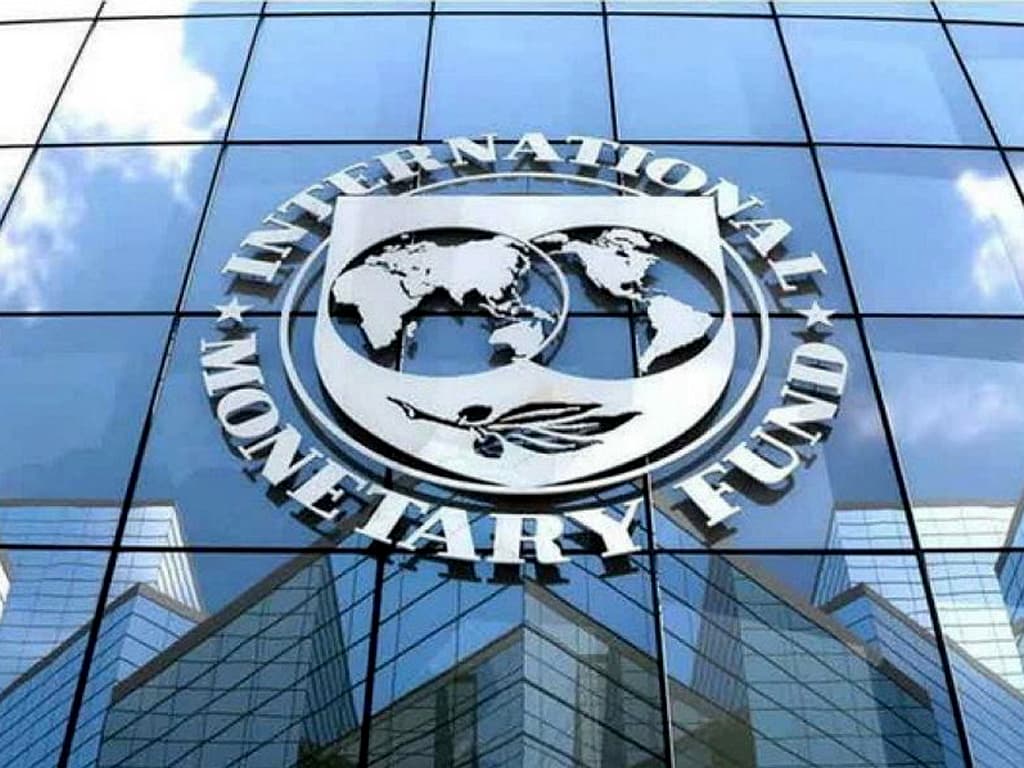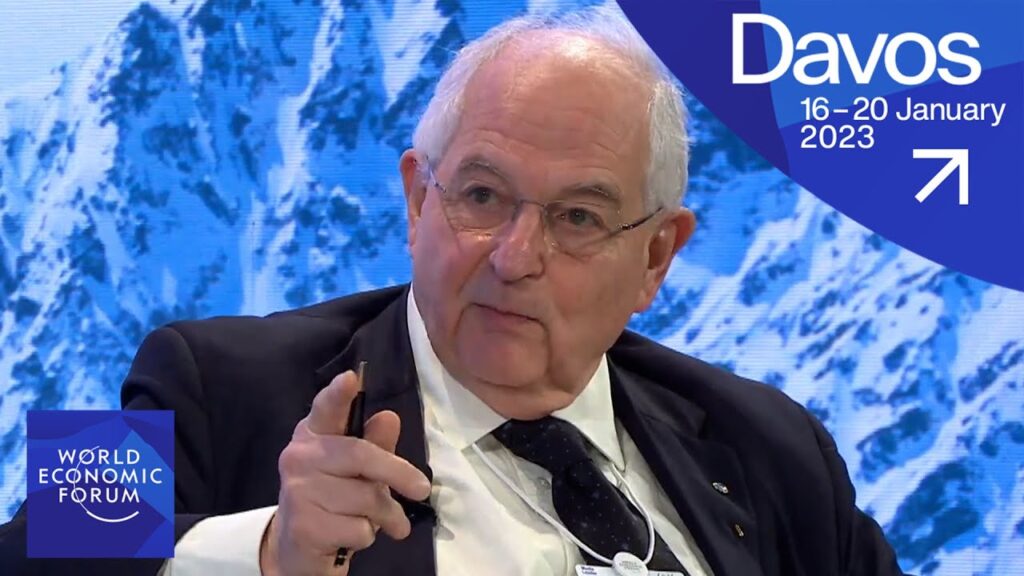
Davos 2023: IMF’s Georgieva predicts global growth at 2.7% in 2023
Overview of the Davos Meeting and IMF’s Predictions for Global Growth
The World Economic Forum (WEF) in Davos, Switzerland, is an annual gathering of leaders from business, government, civil society, and academia to discuss pressing issues facing the world today, like the recession 2023, monetary policy, inflation, economic development, etc. One of the key WEF speakers this year was Kristalina Georgieva, International Monetary Fund Managing Director, who discussed the IMF’s predictions for global growth in 2023.
According to Georgieva, global economic growth can decelerate to 2.7% in 2023, a decline from the 3.2% growth rate seen in 2022. Despite the continued Ukraine war and rising interest rates, Georgieva stated that global economic growth is expected to decline in 2023 and then rebound.

Key Predictions and Risks to the Global Economy
In her speech, Georgieva highlighted three significant challenges facing the global economy:
- The Russia-Ukraine war
- The cost of living crisis, and
- Interest rates at a level unseen in decades.
The IMF Managing Director emphasized the need for smart management of the adjustment to more security of supply, as these challenges could impact different regions, sectors, and groups of people differently.
- The Russia-Ukraine War- The ongoing conflict in Ukraine has already caused significant disruption to trade and investment flows and could continue to weigh on economic recovery in the region.
- The Cost of Living Crisis- Additionally, the cost of living crisis, characterized by rising prices for goods and services, could also negatively impact economic growth, particularly for low-income households.
- Interest rates at a level unseen- Rising interest rates, which are currently at a level unseen in decades, could also lead to a slowdown in investment and consumption, further dampening economic development.
These predictions and risks highlight the need for policy measures to support economic recovery, job creation, and policies to address rising inequality and the cost of living crisis.

Impact on Different Regions, Sectors, and Groups of People
The IMF’s predictions for global growth in 2023 could have varying impacts on different regions, sectors, and groups of people. For instance, the ongoing conflict in Ukraine may continue to hinder regional economic growth, and higher interest rates may cause a slowdown in spending and investment in other areas.
Similarly, the cost of living crises may disproportionately affect low-income households, which may be more susceptible to the effects of rising prices for goods and services. On the other hand, sectors such as technology and e-commerce may continue to perform well as the trend toward digitalization, and remote working accelerates.
Conclusion
The IMF’s predictions in the Davos meeting for global growth in 2023 indicate that the global economy may bottom out in 2023 and begin to rebound despite the ongoing challenges of the Ukraine war and rising interest rates. However, leaders need to take a multi-faceted approach to address these challenges to support economic recovery and job creation. Moreover, some countries need to be prepared for the impending recession in 2023 if the global economy does not recover with the measures taken.





